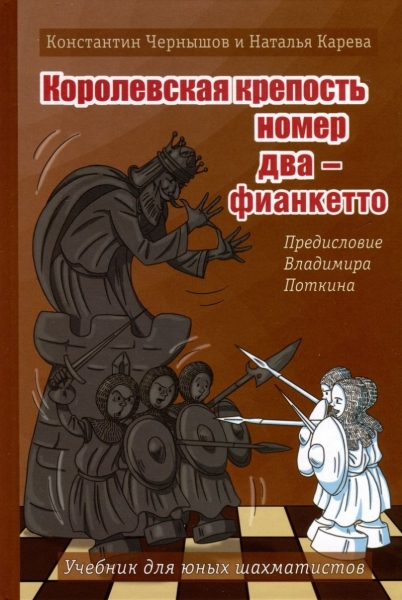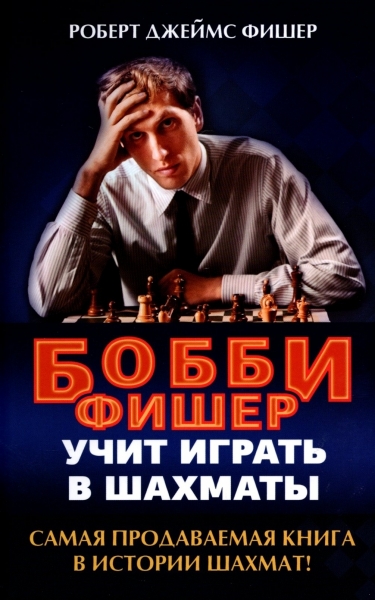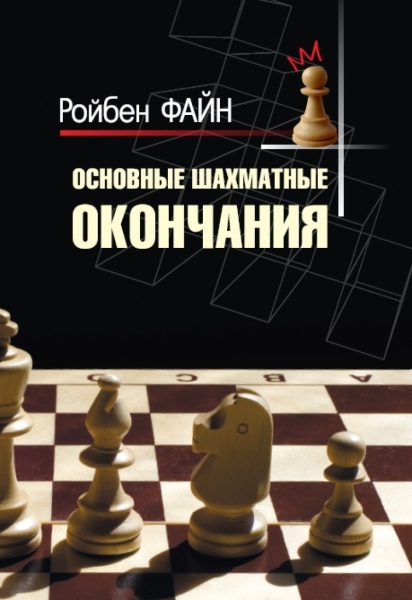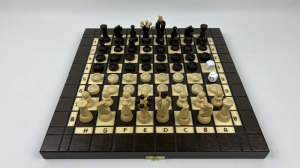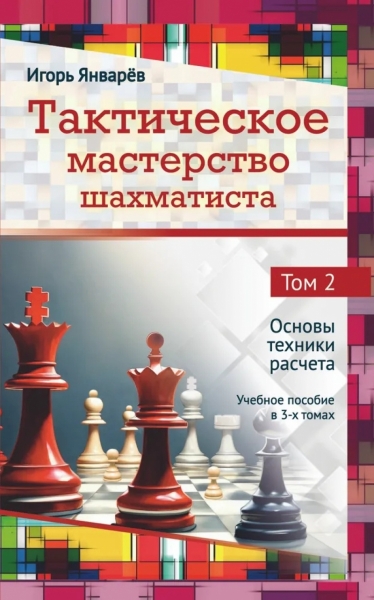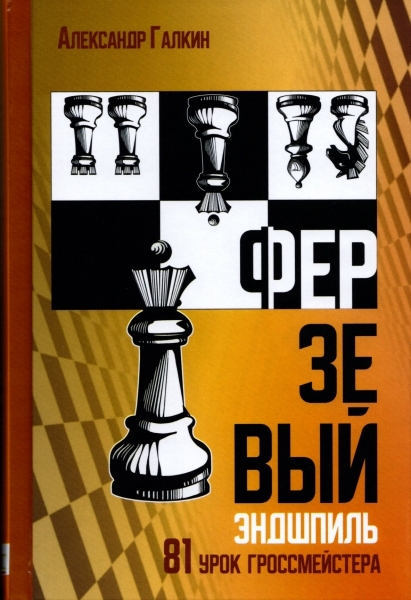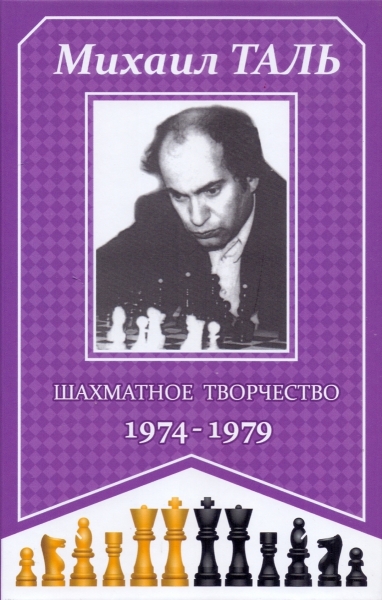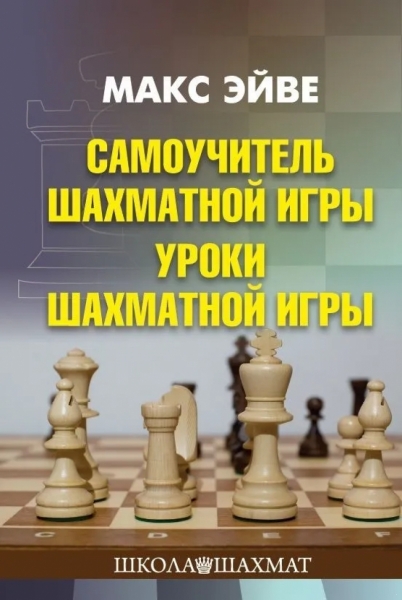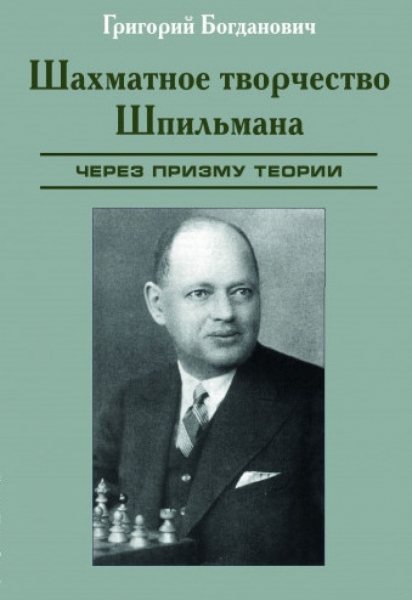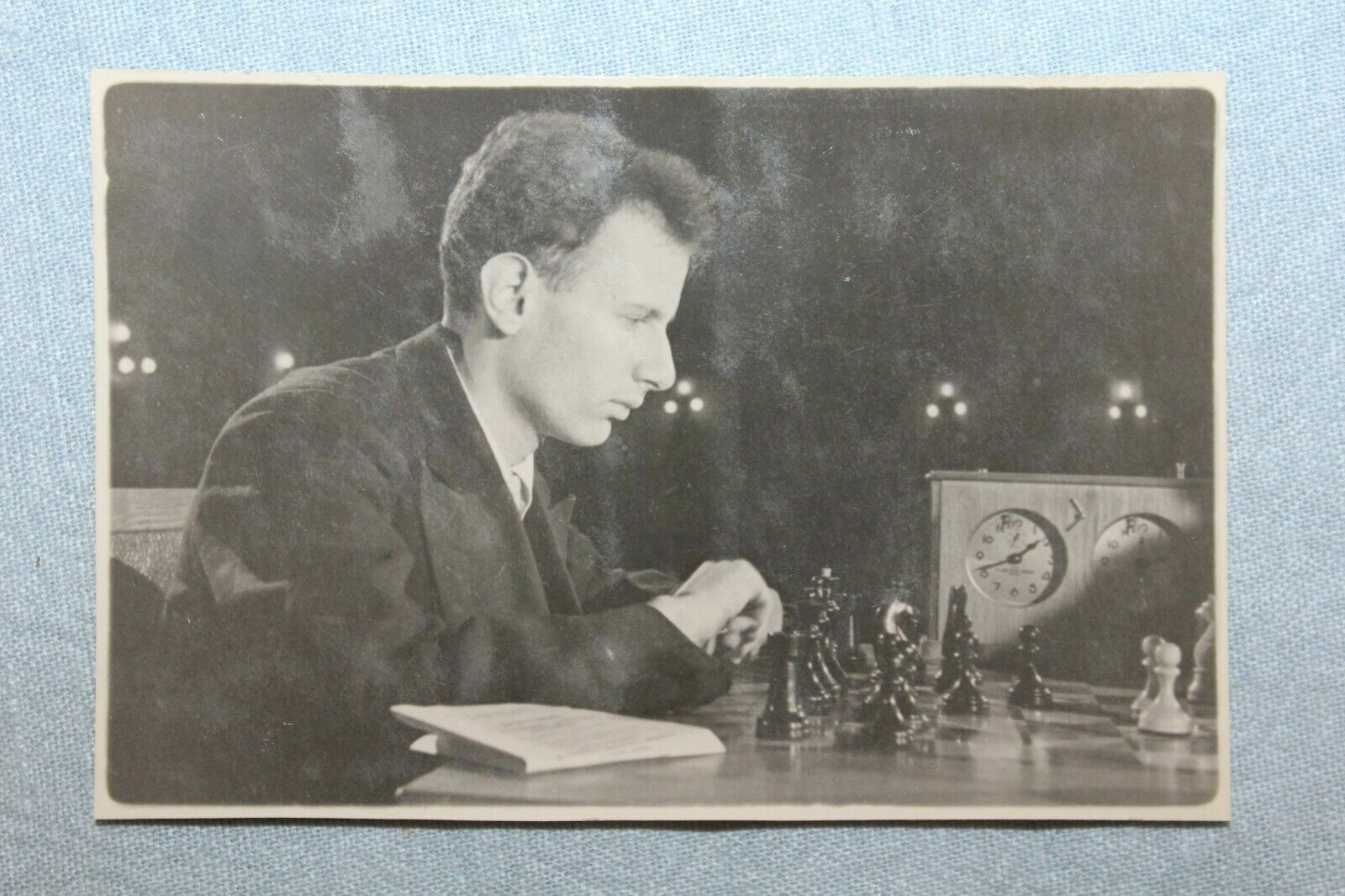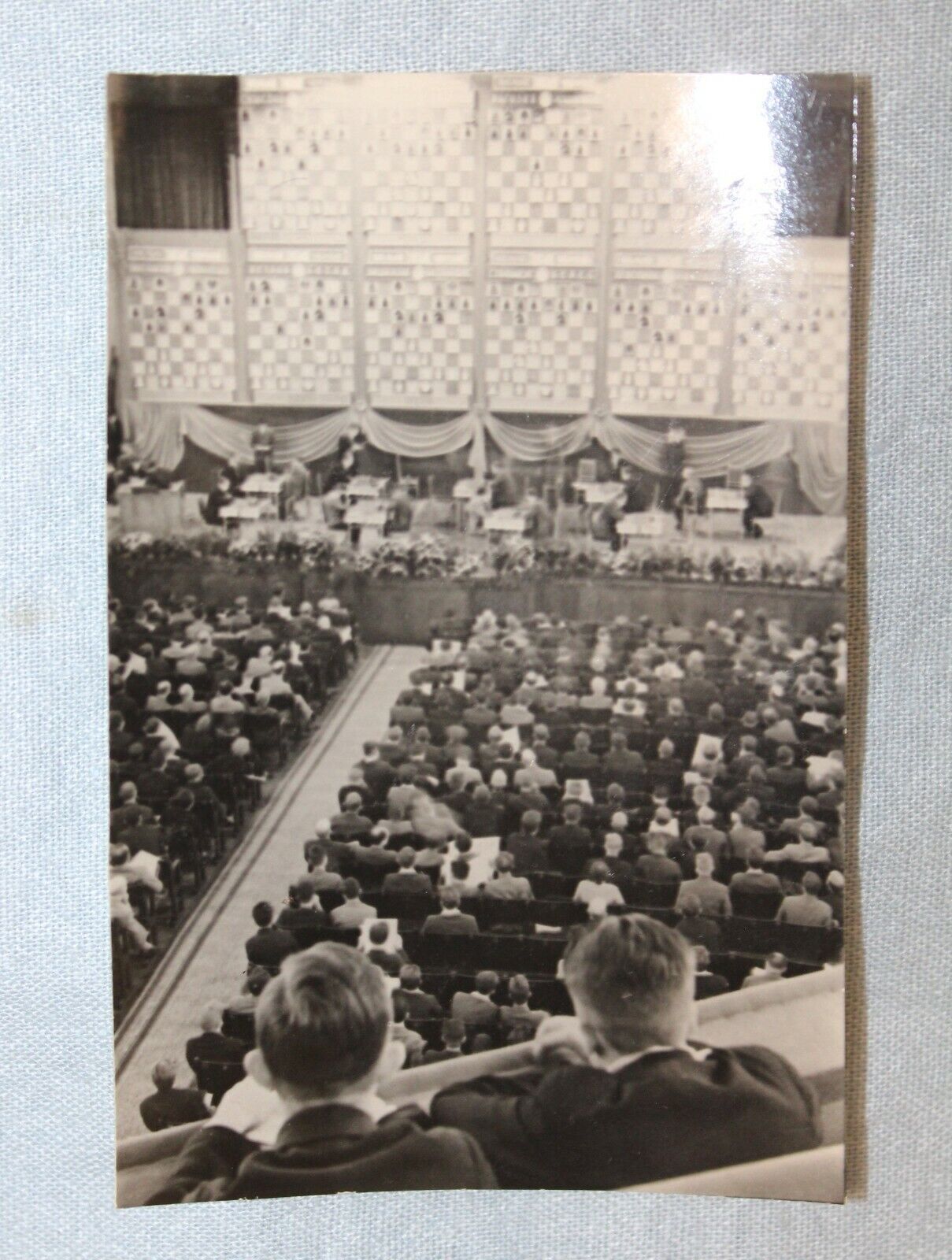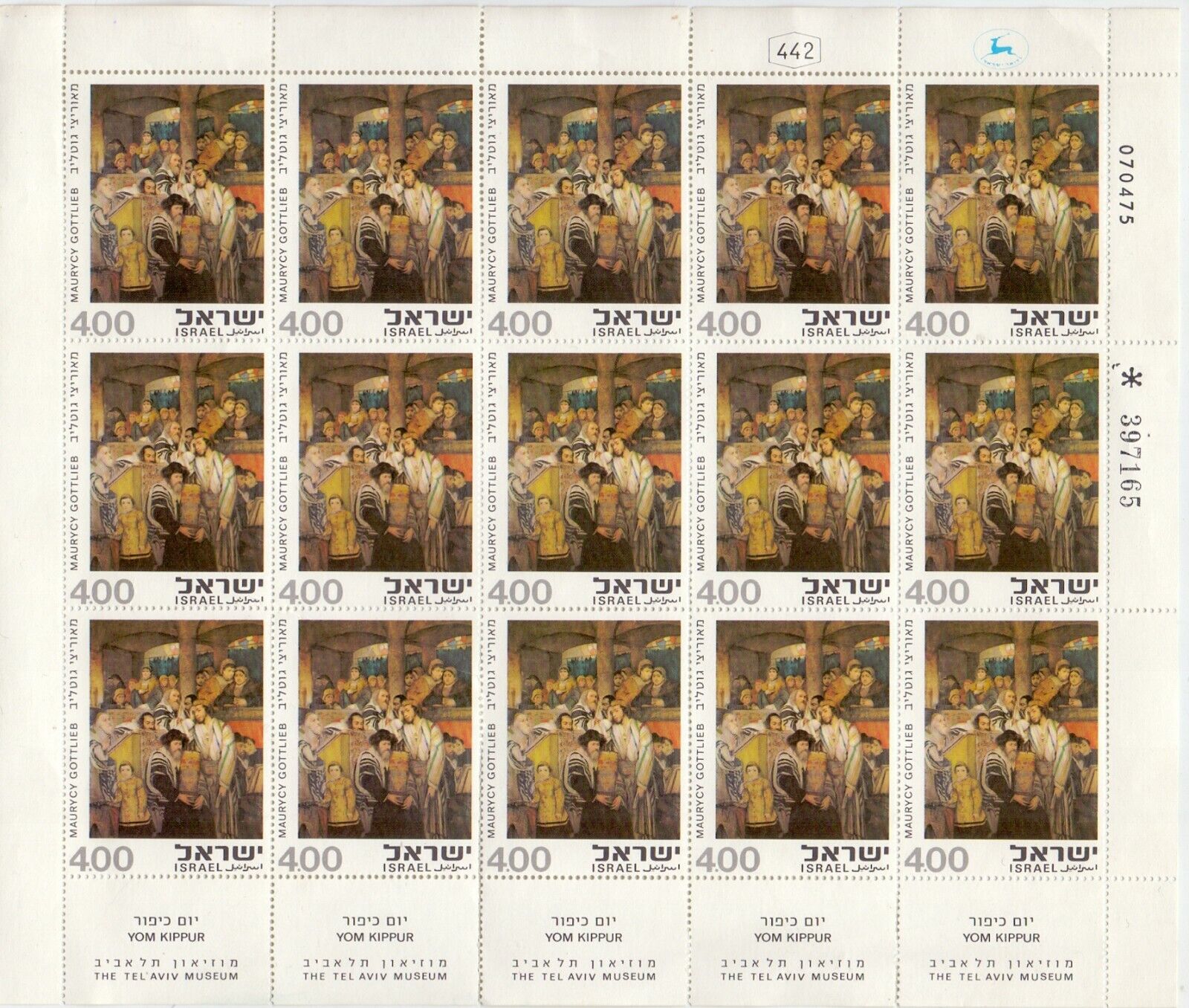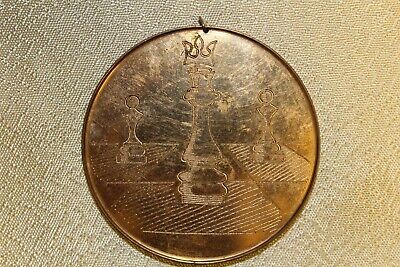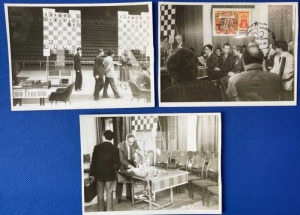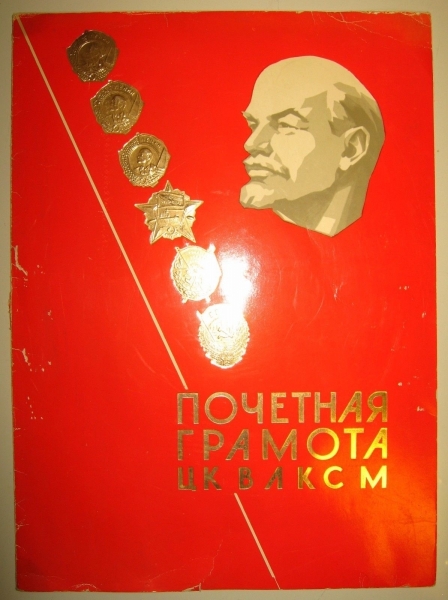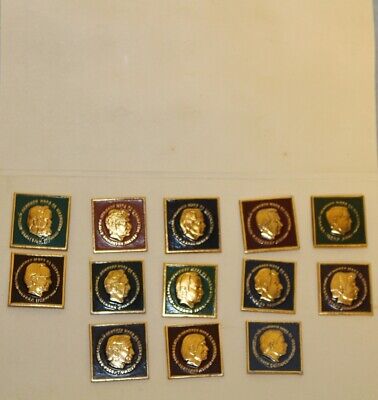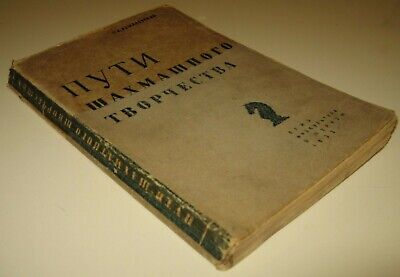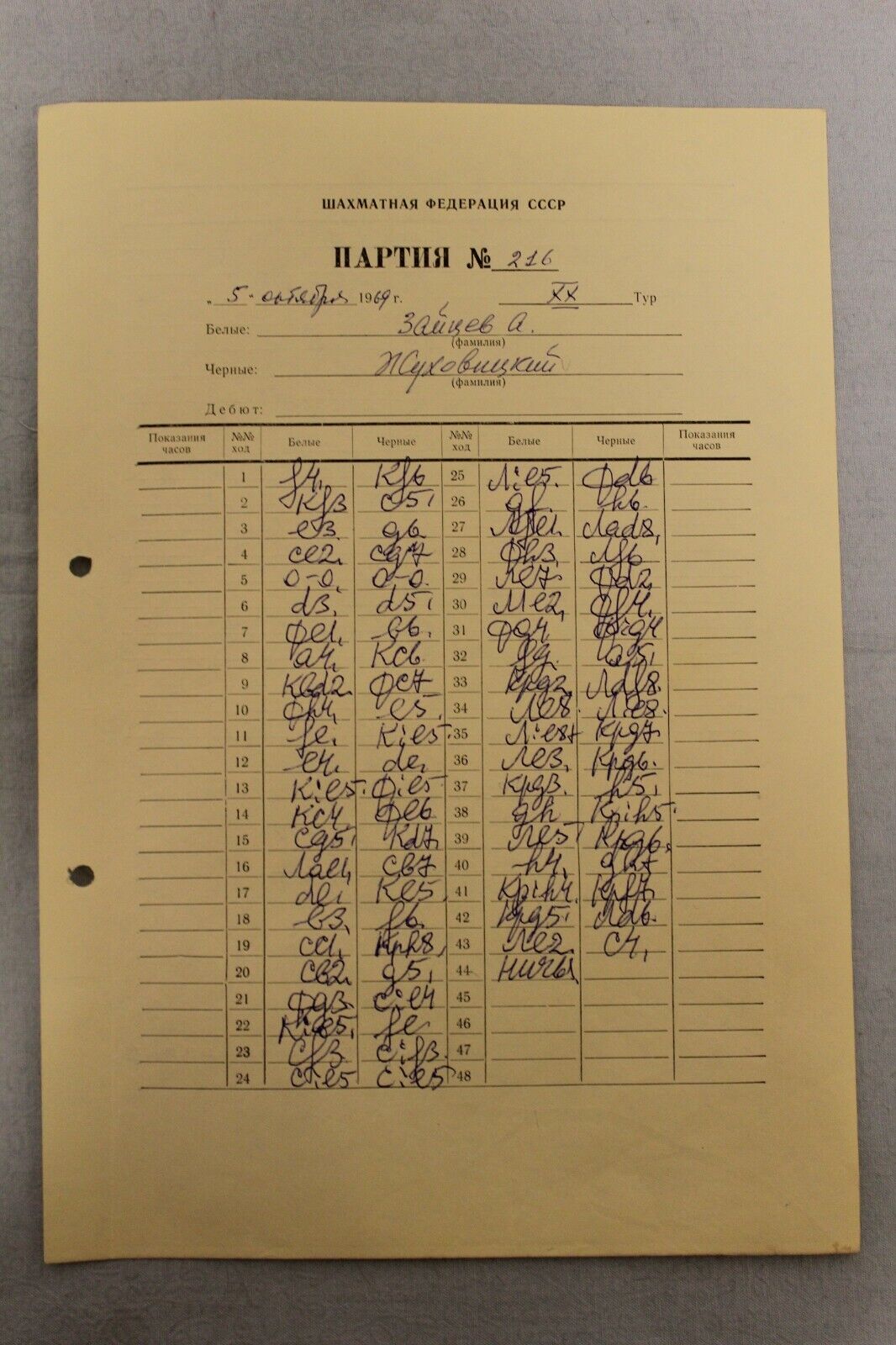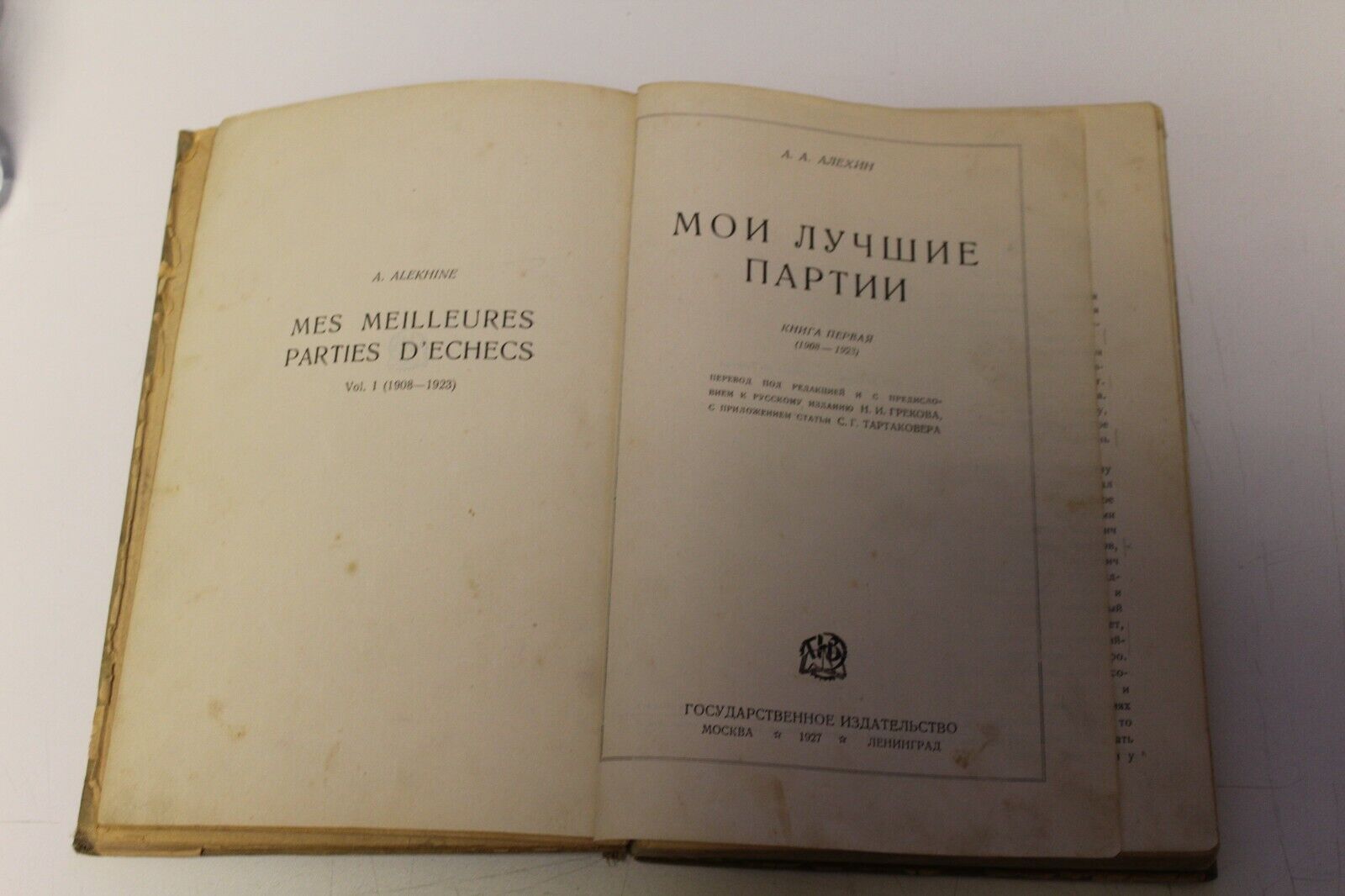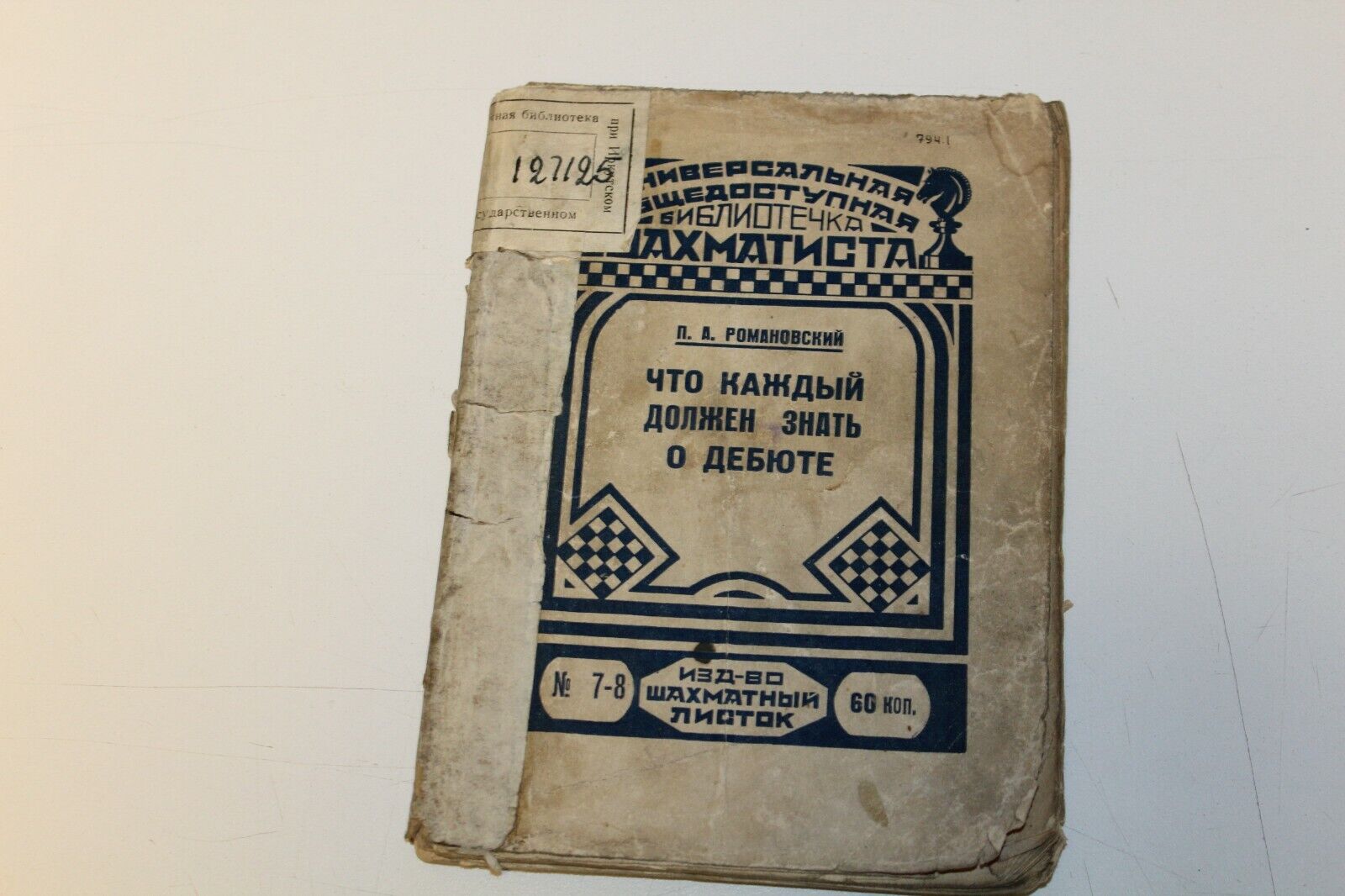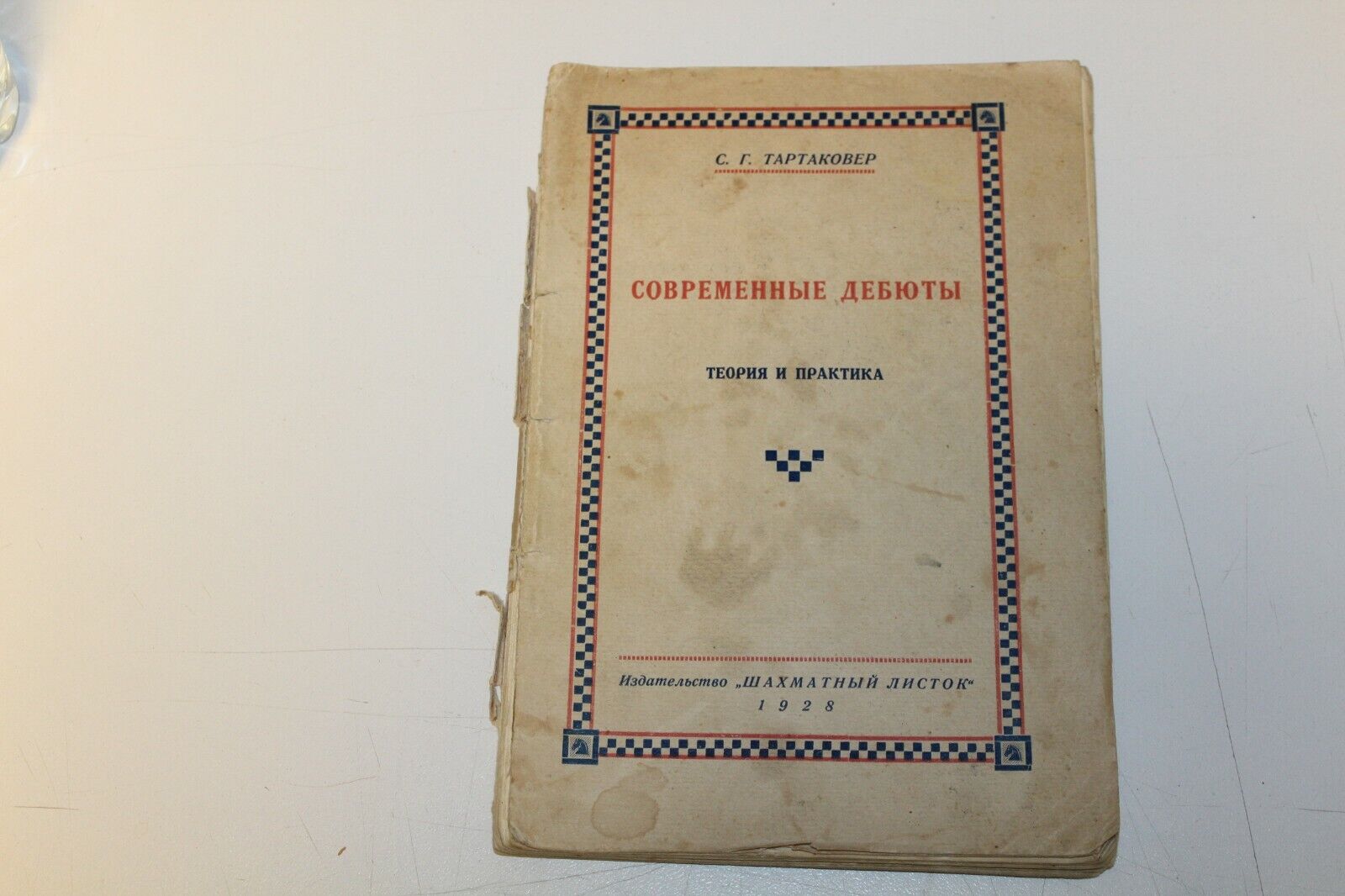eBay items
-
35.00 $
Isaac Efremovich Boleslavsky SIZE OF THE PHOTO - approx. 8,5 cm x 5,5 cm 12TH SOVIET CHESS CHAMPIONSHIP: This is a photograph from the famous 12th Soviet Chess Championship held in the Grand Hall of the Moscow Conservatory from September 4th through October 3rd, 1940. The 12th Soviet Chess Championship was truly a battle of the titans. Outstanding players such as Mikhail Botvinnik, Paul Keres, Vasily Smyslov, Alexander Kotov, Isaac Boleslavsky, Igor Bondarevsky, and Andre Lilienthal took part. This so-called "absolute championship" is rightfully considered one of the strongest USSR chess championships ever held. Heres an excerpt from Mikhail Botvinniks memoirs. "It was a tough tournament. There were many participants and very few off-days. The Grand Hall of the Conservatory has excellent acoustics. The spectators behaved impudently, made a great deal of noise, and clapped all the time. The excellent acoustics only made matters worse. Supposedly, Sergei Prokofiev applauded Keres vigorously after the latter won a game. The other people in his box reprimanded him,, and then the composer remarked, "I have every right to express my feelings." Would my friend Mr. Prokofiev be happy if he were playing a trio and spectators applauding the violinists performance drowned out his piano piece? Chess players are in a worse position, though. A pianist can afford to play a few false notes amid booming applause, something a chess player isnt allowed to do." The results of the 12th Soviet Chess Championship were truly sensational, since two young players, Andre Lilienthal and Igor Bondarevsky, came in first and second, respectively, leaving grandmasters Mikhail Botvinnik and Paul Keres, the tournament favorites, far behind. The unprecedented hype surrounding this tournament matched its historical significance. After all, the unofficial right to contend for the world championship crown, as well as the prestigious title of USSR champion were on the line. "The most difficult and most monumental tournament in which Ive ever taken part has come to a close," Andre Lilienthal wrote. "I have no reason to be displeased with myself. First off, my win over Botvinnik himself wasnt too bad. Secondly, I snatched what seemed to be an irrevocably lost point from Bondarevsky in the last round. Thirdly, I managed not to lose a single game. Fourthly, I wound up in the wonderful young company of Bondarevsky and Smyslov at the top of the leaderboard. A decisive match for the title of USSR champion is up next. I have to prepare thoroughly for it, which, first and foremost, means getting some much needed rest." Three months after the tournament was completed, on January 14th, 1991, the Soviet Committee on Physical Culture and Sports issued an order approving the tournament results and awarding Bondarevsky and Lilienthal, the tournament winners, grandmaster titles; however, this order was missing a key point, since it did not mention any sort of match between the two victors. That strange inconsistency came to light a month later when it was decided - through a behind-the-scenes power struggle - that one more tournament for the title of absolute USSR champion would be held, a tournament Mikhail Botvinnik won. Art PK4
-
35.00 $
General view from the hall of the Moscow conservatory. 1940 ORIGINAL SOVIET CHESS PHOTO FROM 12TH USSR CHESS CHAMPIONSHIP IN 1940 YEAR. SIZE OF THE PHOTO – 8,3 cm x 5,4 cm 12TH SOVIET CHESS CHAMPIONSHIP: This is a photograph from the famous 12th Soviet Chess Championship held in the Grand Hall of the Moscow Conservatory from September 4th through October 3rd, 1940. The 12th Soviet Chess Championship was truly a battle of the titans. Outstanding players such as Mikhail Botvinnik, Paul Keres, Vasily Smyslov, Alexander Kotov, Isaac Boleslavsky, Igor Bondarevsky, and Andre Lilienthal took part. This so-called "absolute championship" is rightfully considered one of the strongest USSR chess championships ever held. Here’s an excerpt from Mikhail Botvinnik’s memoirs. "It was a tough tournament. There were many participants and very few off-days. The Grand Hall of the Conservatory has excellent acoustics. The spectators behaved impudently, made a great deal of noise, and clapped all the time. The excellent acoustics only made matters worse. Supposedly, Sergei Prokofiev applauded Keres vigorously after the latter won a game. The other people in his box reprimanded him,, and then the composer remarked, "I have every right to express my feelings." Would my friend Mr. Prokofiev be happy if he were playing a trio and spectators applauding the violinist’s performance drowned out his piano piece? Chess players are in a worse position, though. A pianist can afford to play a few false notes amid booming applause, something a chess player isn’t allowed to do." The results of the 12th Soviet Chess Championship were truly sensational, since two young players, Andre Lilienthal and Igor Bondarevsky, came in first and second, respectively, leaving grandmasters Mikhail Botvinnik and Paul Keres, the tournament favorites, far behind. The unprecedented hype surrounding this tournament matched its historical significance. After all, the unofficial right to contend for the world championship crown, as well as the prestigious title of USSR champion were on the line. "The most difficult and most monumental tournament in which I’ve ever taken part has come to a close," Andre Lilienthal wrote. "I have no reason to be displeased with myself. First off, my win over Botvinnik himself wasn’t too bad. Secondly, I snatched what seemed to be an irrevocably lost point from Bondarevsky in the last round. Thirdly, I managed not to lose a single game. Fourthly, I wound up in the wonderful young company of Bondarevsky and Smyslov at the top of the leaderboard. A decisive match for the title of USSR champion is up next. I have to prepare thoroughly for it, which, first and foremost, means getting some much needed rest." Three months after the tournament was completed, on January 14th, 1991, the Soviet Committee on Physical Culture and Sports issued an order approving the tournament results and awarding Bondarevsky and Lilienthal, the tournament winners, grandmaster titles; however, this order was missing a key point, since it did not mention any sort of match between the two victors. That strange inconsistency came to light a month later when it was decided - through a behind-the-scenes power struggle - that one more tournament for the title of absolute USSR champion would be held, a tournament Mikhail Botvinnik won. Арт ПК7
-
35.00 $
Good rare block of stamps. Yom Kippur, also known as the Day of Atonement, is the holiest day of the year in Judaism. Its central themes are atonement and repentance. Jews traditionally observe this holy day with an approximate 25-hour period of fasting and intensive prayer, often spending most of the day in synagogue services. Size 23x19 cm Art kl 2 - 9
-
35.00 $
Material: metal Diameter: 80mm Thickness: 7 mm
-
35.00 $
Stamp and mark of the World Championship Karpov-Kasparov. ART PK-7
-
35.00 $
Alexander Roshals Honorary diploma signed by B.Pastukhov, the Firest Secretary of the Central Committee of the Komsomol. 1981 «The Central Committee of All-Union Leninist Young Communist League» awarded the Alexander Borisovich Roshal for his great contribution to the victory in the world chess championship, active participation in the Communist education of youth. December 2, 1981» Dimensions: approx. 220 * 295 mm Alexander Borisovich Roshal (1936 2007) was a Soviet chess master and journalist, the co-founder and editor-in-chief of the magazine «64» Boris Nikolayevich Pastukhov (1933) Soviet and Russian diplomat (1986-1992), the Soviet Komsomol and statesman. The First Secretary of the Komsomol Central Committee (1977-1982). EK-51
-
34.00 $
Russian Chess: 13 Soviet Pins (Badges). World Chess Champions. Complete setIn factory cardboard pack! Wilhelm Steinitz Emmanuel Lasker Jose Capablanca Alexander Alekhine Max Euwe Mikhail Botvinnik Vasily Smyslov Mikhail Tal Tigran Petrosyan Anatoly Karpov Boris Spassky Robert Fisher Garry Kasparov Material: Metal, Enamel
-
34.00 $
Antique Russian Chess Book: Author: P.Romanovsky Ways of chess creativity Published: Moscow, 1933 Language: Russian 232 pages Арт ЕК1
-
34.00 $
Aleksandr Zaitsev – Samuil Zhuhovitsky. Score sheet of Zhuhovitsky Soviet chess score sheet from the 37th Chess Championship which was held in Moscow September 6 – October 12 1969. Tigran Petrosyan won an additional match for the title of champion (Moscow, January 19-29, 1970). The championship was also a fide zonal tournament. Polugaevsky, Geller, Smyslov and Taimanov won the right to participate in the interzonal tournament. The latter in the final round effectively won his "party of life" from LutikovАрт ПК 2
-
33.00 $
Author: A. Alekhine Title: My best games. Published: Moscow – Leningrad, 1927 Language: Russian 256 pages Binding: Hardcover Condition: Dirty and battered cover, owner's signatureEK30
-
33.00 $
Antique Soviet Chess Book: Author: P. Romanovsky What everyone should know about the debut. Published: Leningrad, 1929 Binding: Soft Language: Russian 128 pages Condition: Contamination and damage to the cover, bends in the corners of the pages, marks of a non-existent libraryEK30
-
33.00 $
Russian Chess Book: Author: S. Tartakower Modern debuts. Theory and practice Published: Leningrad, 1928 Binding: Soft Language: Russian 104 pages Viktor Alexandrovich Horev (February 22, 1932, Vologda, RSFSR — May 25, 2012, Grodno, Belarus) was a Soviet and Russian literary critic, researcher of Polish literature, Honored Scientist of the Russian Federation (2009). Ex-libris "Library of V. A. Horev" on the title page. Condition: damage to the spine, cover contamination.EK30
-
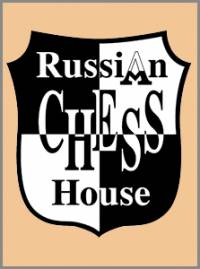 The life of a chess player in the system. Memories of the grandmaster
Author:
The life of a chess player in the system. Memories of the grandmaster
Author:
Averbah 45.00 $ -
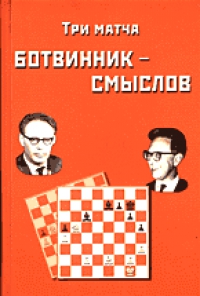 Три матча Ботвинник-Смыслов
Author:
Три матча Ботвинник-Смыслов
Author:
Botvinnik 45.00 $ -
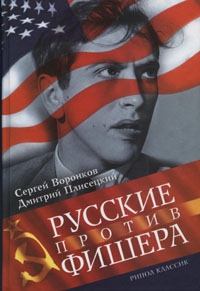 Russians vs Fisher
Author:
Russians vs Fisher
Author:
Voronkov 65.00 $ -
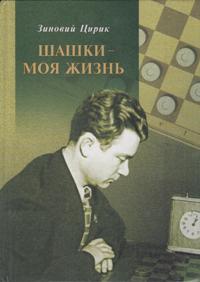 Checkers is my life
Author:
Checkers is my life
Author:
Ciric 87.50 $ -
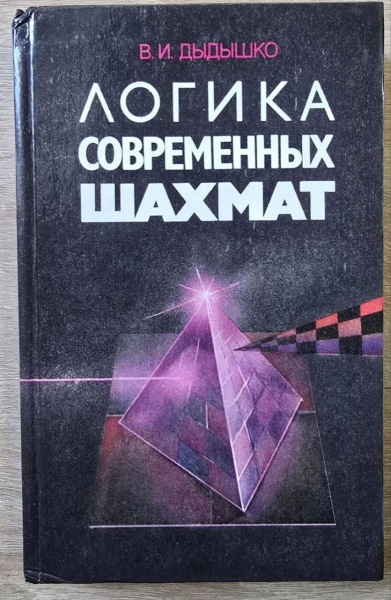 The logic of modern chess
Author:
The logic of modern chess
Author:
Dydyshko 72.50 $ -
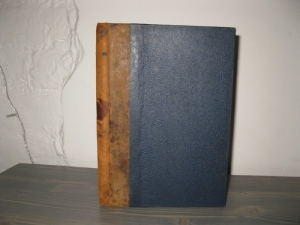 Siegbert Tarrasch. The Queen
Author:
Siegbert Tarrasch. The Queen
Author:
Tarrash 72.50 $ -
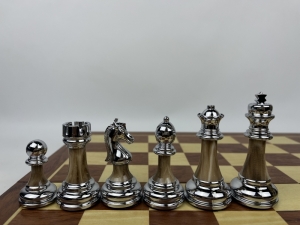 High quality acrylic metal heavy chess pieces with wooden board
202.50 $
High quality acrylic metal heavy chess pieces with wooden board
202.50 $
-
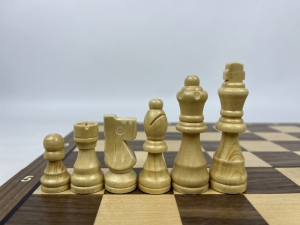 Wooden magnetic Staunton chess with a lock (silver)
56.25 $
Wooden magnetic Staunton chess with a lock (silver)
56.25 $
-
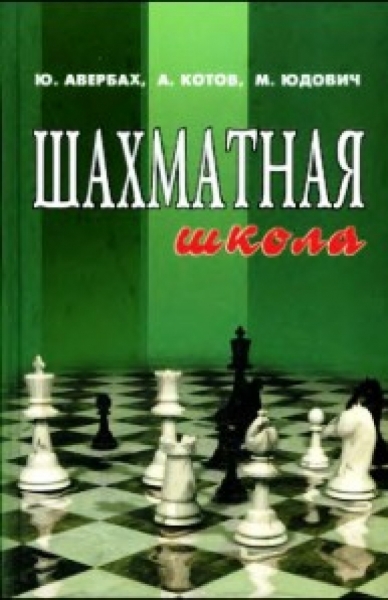 Chess school
Author:
Chess school
Author:
Averbah 15.00 $ -
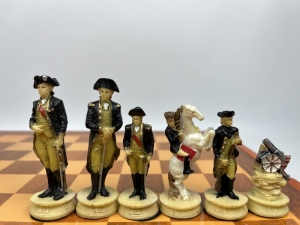 The chess set of The Chessmen. US war - Great Britain
325.00 $
The chess set of The Chessmen. US war - Great Britain
325.00 $
 Русский
Русский  Английский
Английский 